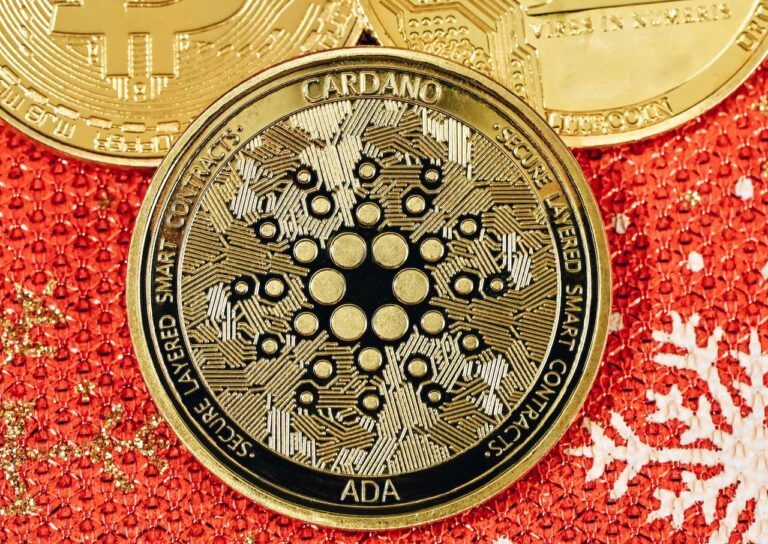Cryptocurrency-friendly Swiss bank Sygnum, which calls itself the “world’s first digital asset bank,” has expanded its staking offering with the launch of a Cardano ($ADA) staking service, allowing clients to earn yield on their ADA holdings.
According to an announcement the bank made, Sygnum’s staking serves are “ fully integrated with its banking platform, with institutional-grade security guaranteed with via segregated wallets, secure private key management and multi-layer security infrastructure.”
Staking is a way of earning rewards for holding cryptocurrencies that use a Proof-of-Stake consensus algorithm by helping secure the network by helping ensure all transactions are verified. Cryptocurrencies using Proof-of-Stake protocols use significantly less energy than those using Proof-of-Work consensus algorithms.
Delegators on the Cardano blockchain, the announcement adds, get rewards every five days and can easily access or withdraw their ADA at any time. Thomas Eichenberger, Head of Business Units at Sygnum Bank, was quoted saying:
As institutional adoption of digital assets continues to ramp-up, demand for the ability to earn rewards alongside upside from the underlying protocols also continues to rise. Sygnum’s bank-grade staking offering, now including Cardano, offers our clients a broad selection of investment opportunities backed by the security and peace of mind of a regulated bank.
The CEO of the Cardano Foundation, Frederik Gregaard, noted that the new offering allows “Sygnum’s clients to participate in our ecosystem, where they enjoy a risk-free staking experience without having to transfer the asset nor lock it.”
Sygnum Bank first started letting its clients stake cryptocurrencies back in November 2020, when it launched a Tezos staking option. In July of last year, the bank announced it would offer Ethereum 2.0 staking on its platform, allowing clients to stake their ETH on the Beacon Chain.
The move comes ahead of Cardano’s Vasil hard fork upgrade, which is expected to deliver a “massive” performance improvement to the cryptocurrency’s network, but was delayed by “a few more weeks.”
Ahead of the hard fork more companies are betting on ADA, with French cryptocurrency hardware wallet manufacturer Ledger recently adding support for 100 more native tokens on the Cardano network, allowing users to buy, send, and receive these tokens on Ledger Live, the application for managing cryptoassets on Ledger devices.
The Vasil hard fork will involve four Cardano Improvement Proposals (CIPs). Investors have nevertheless been betting on it, with data from Coinbase’s price pages showing that users of the Nasdaq-listed cryptocurrency exchange have a typical ADA hold time of 153 days, meaning that Cardano traders on the platform hold onto their assets for that long before “selling it or sending it to another account or address.”
According to the cryptocurrency exchange, a long hold time “signals an accumulation trend,” while a short hold time “indicates increased movement of tokens.”
Earlier this month, a panel of cryptocurrency industry experts predicted that the price of Cardano will explode to $2.93 by 2025, and to $6.53 by 2030, although experts believe that by the end of the year, the cryptocurrency will trade at just $0.63.
Image Credit
Featured image via Unsplash









